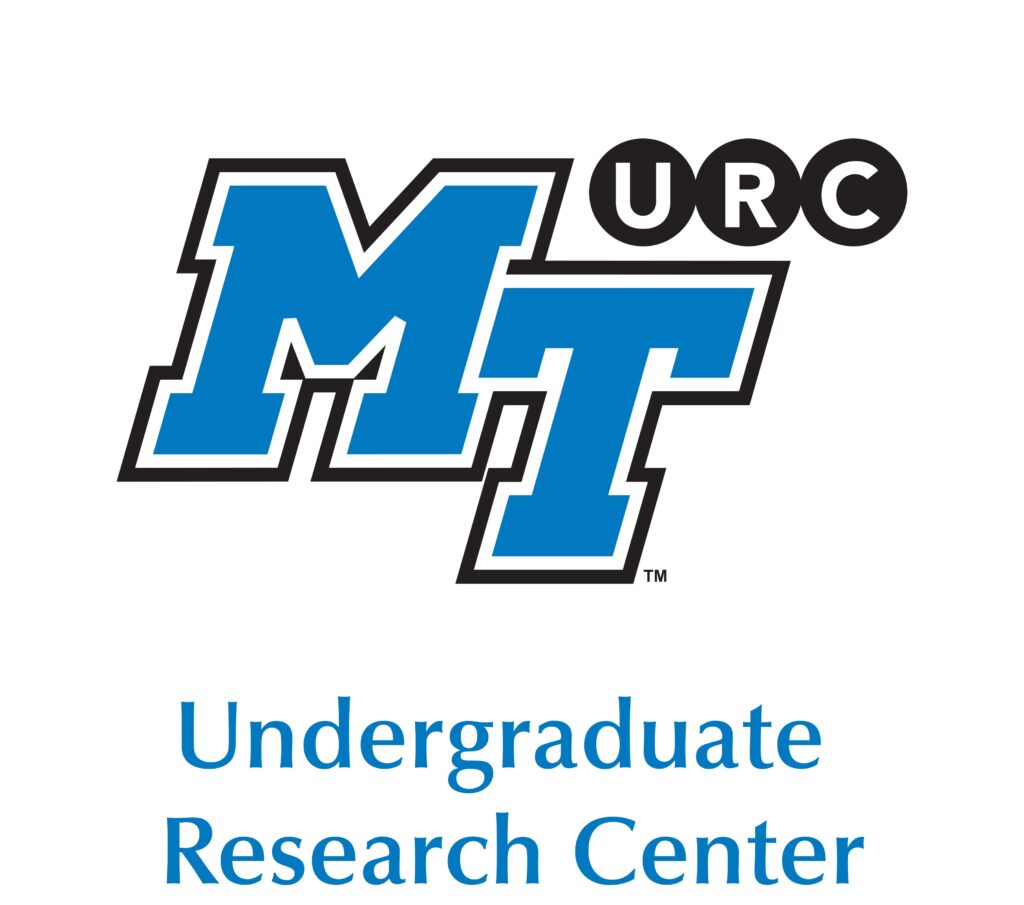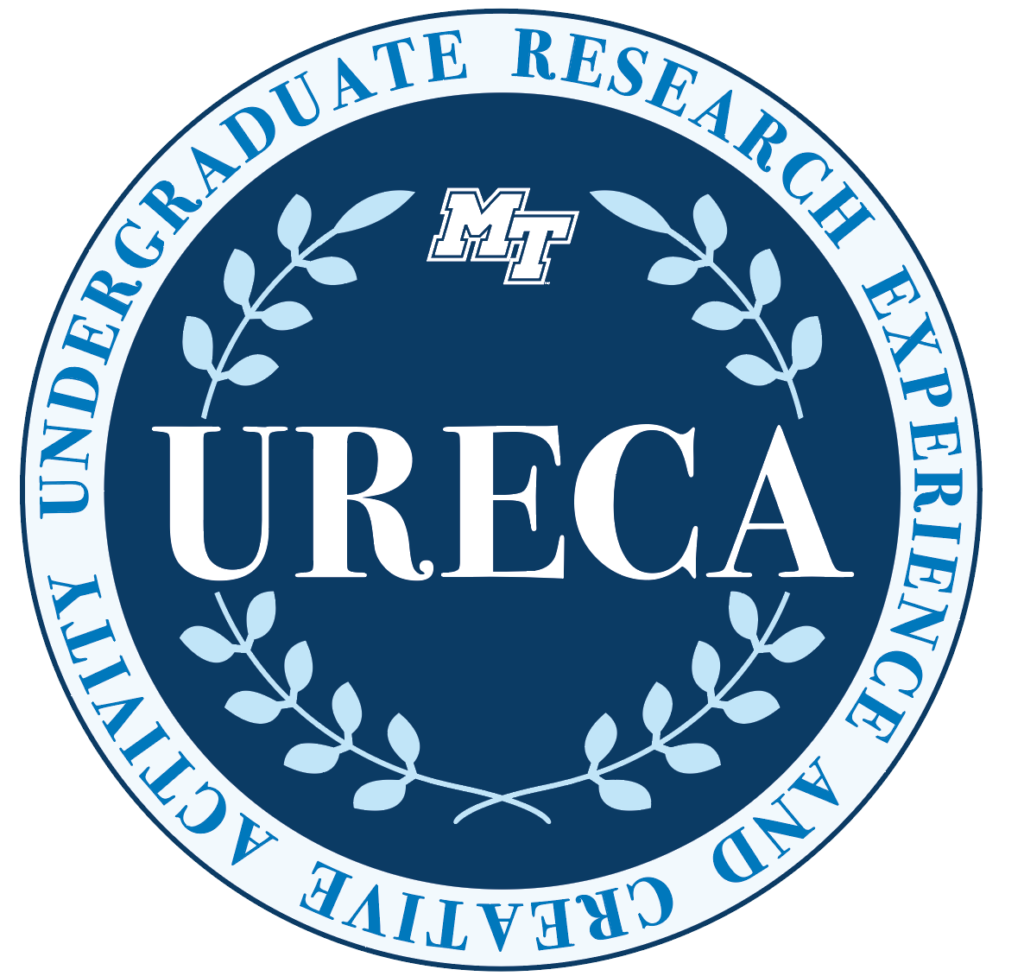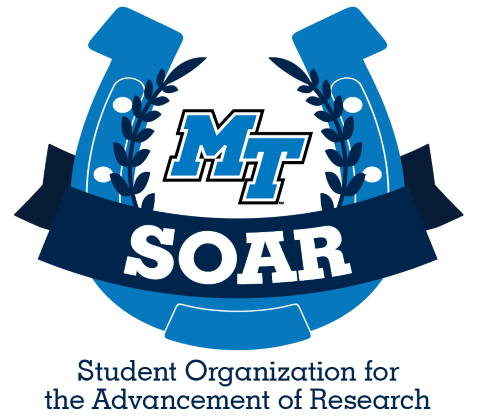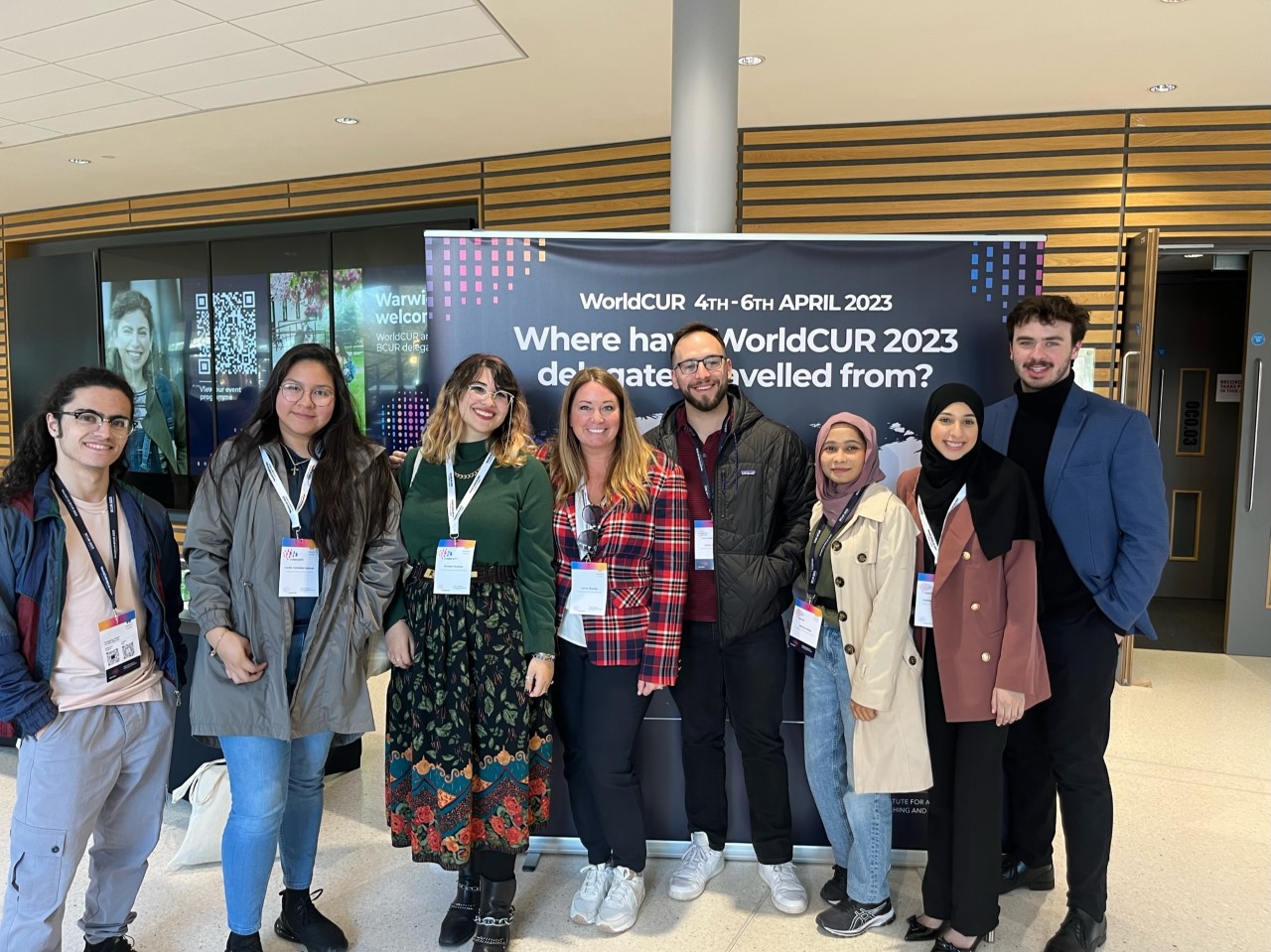Undergraduate Research Center
Assistant
URECA Assistant Grants
Guidelines | Proposal | Examples | Application | Review Criteria | Reporting Requirements
Program Description
URECA awards are available to undergraduate students who assist with faculty research, scholarship, or creative work. The intent of the award is that the student will learn some of the techniques, procedures, or methods common to the academic discipline by participation in an ongoing project. Participation in the project should contribute to the student’s development as an artist or scholar. The amount stipend for an Assistant award is $500. An additional award for expenses, up to $300, may be considered. It is expected that most supplies related to the project will be provided by the faculty mentor or department. Travel will only be funded if it is integral to the conduct of the project. At the end of one or more successful experiences as an assistant, the student will be encouraged to propose a project for which support as an URECA Scholar would be appropriate.
Projects can remain open for a maximum of 3 semesters. Stipends not claimed past that time period will not be paid.
Guidelines
The application process requires the student and mentor to agree on the terms of the work assignment, the level of involvement and the role the student will play in the defined project, and the expected outcome. The student, in consultation with the faculty member, will submit a completed application packet, described below.
IRB/IACUC Approval
If your project requires IRB or IACUC approval, the URECA Committee strongly recommends that you begin the approval process before you begin your proposal. Please visit MTSU’s IRB website to find out if your project will require IRB approval. If your project involves animals, please visit the MTSU IACUC website to learn about filing your protocol.
Proposal
The proposal for an Assistant level application should be no more than 2 double-spaced pages (12-point font), excluding figures and tables. **Please place figures and tables on a separate page in the appendix.
The URECA applicant will describe the purpose of the project and the role that the assistant will play in the project, and address the ways in which participation in the project will contribute to the student’s development as an artist or scholar.
What should be included in the proposal? Specific elements of the proposal will depend on the discipline, but proposals might include the following elements: Introduction, Background, Purpose, Methods, Timeline, and Collaboration with Faculty Mentor(s).
Introduction. The Introduction should begin with a brief description of the project in layperson’s terms before the more technical aspects of the project are discussed. Provide a statement of the objective(s) of the proposed work, and the anticipated significance of the work. Consider the following:
- What problem(s) will be investigated?
- What hypothesis/hypotheses will be tested?
- What will the artistic endeavor explore?
- What is the overall concept/treatment and significance of the project?
Background: As appropriate for the discipline, either provide a brief review of the work that has already been done in the project area (together with complete references in the appropriate professional style) or provide a description of the context within which the project fits. This section should also include any personal information about the student, which would indicate to the reviewers the student’s qualifications to successfully complete the project. A resume or curriculum vitae (as appropriate for the discipline) may be attached to the proposal to supplement this section.
Purpose: Tell what the project will entail and describe the expected outcome.
Methods: Provide a detailed description of the research methods or creative process that will be used in the project. This description should include a justification for the specific approach that will be used.
Collaboration with Faculty Mentor(s): Provide a description of the way the student and faculty mentor(s) will collaborate on the project. The faculty mentor(s) should play a significant role in responding to ideas, providing advice for new directions and resources, discussing the implications of the results, and reading drafts of the final report. Will there be regularly scheduled meetings between student and faculty mentor(s)? Explain how the project relates to the on-going work of the faculty mentor(s), if this is the case.
Be aware that the reviewers of the application will be drawn from a broad cross section of disciplines. Although parts of the application form are to be completed by the faculty member(s), the student must write the statement of the proposed project. When two or more students will assist on the same project, each student should prepare separate applications and write his or her own statement of the proposed project.
Timeline: Does not count toward the 2-page max. Provide dates for the initiation and completion of each phase of the project. Propose a detailed timeline taking into consideration all phases of the project and development of an academic research or creative activity poster template (which serves as the final project).
Budget Request and Justification. As part of your URECA application, you can request funding for supplies needed to complete your project. The max is $300 for an Assistant level application.
Talk with your mentor about what supplies as they often know what you will need to complete your research, what vendor is the cheapest, and the quantity needed. Both consumables and equipment are reasonable requests. However, if requesting funding to purchase equipment, the student and faculty mentor must present justification as to why the department is not purchasing the item, and how it will be used after the project concludes to support student research. Consumables and equipment should be listed separately on the budget request.
Be sure to include justification for your requested items in your budget. View a sample budget request.
Examples of Successful URECA Assistant Proposals
Please note that the application pages, transcripts, CVs, and all identifying information, such as student names, have been removed from the example proposals.
Application
The final application packet will require:
- Application signed by both student and mentor.
- Proposal – 2 pages maximum.
- Reference page.
- Appendix including graphs, charts, and images, if applicable.
- Timeline of project.
- Budget request and budget justification, if applicable. View a sample budget justification request.
- Travel request, if applicable.
- Unofficial transcript. Click HERE to view detailed instructions about how to find and add your unofficial transcript to your application.
Incomplete applications and/or applications that do not follow the guidelines will be rejected.
The application must be submitted electronically to InfoReady by 4:30pm on the day of the deadline.
Have Questions about the Application Process?
Connect with your Peer Mentor Scholar!
Review Criteria
Applications will be evaluated and ranked on the basis of how well the instructions are adhered to and the degree to which the application meets the outlined criteria. These criteria include the following:
- Thoroughness of application and adherence to guidelines in the request for applications.
- Clarity of the statement of the proposed project.
- The strength of the faculty mentor endorsement.
- Potential for successful completion of the project.
Reporting Requirements
The award is made with the expectation that broad dissemination of the outcome is a high likelihood and that the student will play a significant part in the preparation of the product to be presented. It is anticipated that the project will result in a presentation, publication, exhibit, or performance in a forum with greater-than-regional audiences. Should a student’s work result in a publication, conference presentation, exhibit, recital, etc., support from the URECA program should be acknowledged, and the Program Manager should be notified. URECA scholars will complete a post-experience reflective questionnaire upon completion of the project.
URECA recipients will also be expected to share their work with the campus audience via a poster presentation at the Summer Research Celebration, the Fall Open House, or Scholars Week. Questions about this expectation should be directed to Dr. Jamie Burriss, URC Director at Jamie.Burriss@mtsu.edu or 615-494-7669.


Fall URECA Deadline
Thursday, September 5th, 4:30pm

Contact us
Jamie Burriss, Ph.D., Director
(615) 494-7669
Jamie.Burriss@mtsu.edu
Casey Penston, Coordinator
(615) 809-4588
Casey.Penston@mtsu.edu
